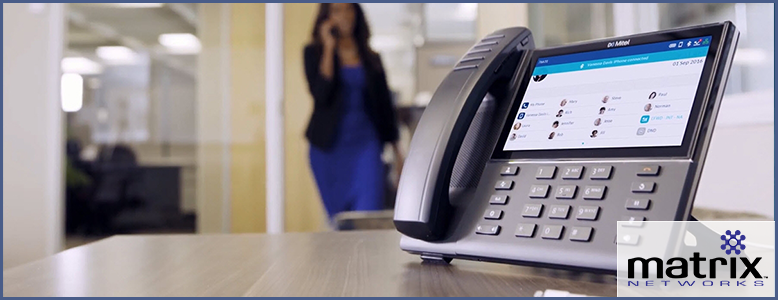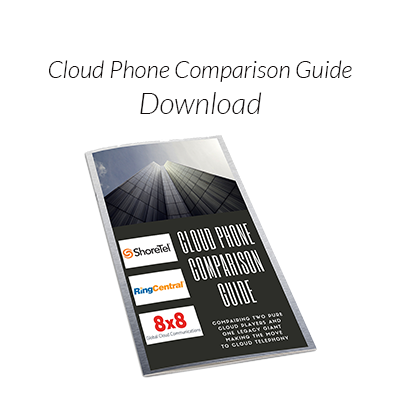 The task of selecting a communication solution for your business can be quite daunting. With over 40 vendors in the industry today, it is easy to get confused and overwhelmed. But no matter where you are on your exploration of implementing a new phone system for your organization, it is important to start with the basics and identify what type of system is right for you. Outlined below is a brief explanation of what the basic types of phone systems are and why someone might consider one over the other.
The task of selecting a communication solution for your business can be quite daunting. With over 40 vendors in the industry today, it is easy to get confused and overwhelmed. But no matter where you are on your exploration of implementing a new phone system for your organization, it is important to start with the basics and identify what type of system is right for you. Outlined below is a brief explanation of what the basic types of phone systems are and why someone might consider one over the other.
On-Premises Phone System Explained
On Premise or Premise solutions are traditional IP based phone systems with the "brains" of the system located in your datacenter or headquarters locations. Premise products are traditionally purchased as a capital expenditure, with upfront purchases and maintenance agreements from local partners. These solutions use traditional dial-tone circuits like PRI, T1 and Analog lines to connect to the outside world. The ultimate responsibility of maintaining the system falls to your business. On-premise solutions are highly developed feature rich platforms that include traditional integrations to ancillary systems like overhead paging, fax, door phones and call accounting.
Why you might choose a New Premise Phone System:
- Capital Expenditure
- Local Control
- Total Cost of Ownership
- A high density of Analog devices and ancillary products
- Poor options for internet connectivity
Cloud Phone System Explained
Cloud solutions are the new wave of IP phone systems with the "brains" of the system hosted in multiple datacenters by the provider. These systems generally require very little capital expense but have a larger operating expense. The connection to these phone systems is via the internet, you are no longer responsible for maintaining connections to services like PRI and analog lines. Redundancy, upgrades and general maintenance are the responsibility of the cloud provider and typically include performance service level agreements. A new cloud phone system provides you features that aren't available in a premise environment like support for SMS and advanced integrations.
Why you might choose a New Cloud Phone System:
- Operating Expense
- Experts Manage your System
- Small Capital Expenditure
- Flexible and Scalable
- Advanced Feature Sets
Hybrid Phone System Explained
Hybrid solutions are a combination of a premise solution with a cloud platform, the brains located at the provider’s datacenters but with some remote survivability and hardware on-site. As you may expect, the operating expenses are lower than with a pure cloud solution and the upfront cost is less than a premise solution. The connections to the outside world would likely be a blend of your own and the service providers depending on the preferred configuration. Maintaining the local equipment is your responsibility, but the core system is still maintained by the provider. This solution gives you a powerful combo from a feature set perspective, local equipment to support more complex analog applications and cloud based software for new Unified Communications tools.
Why you might choose a New Hybrid Phone System:
- Blended Operating and Capital Expenditure
- Allows for More Local Control
- Ability to Support Traditional Telephone Applications
- Total Cost of Ownership
Additional Resources:
Would you like to learn more about on-premises vs cloud based phone systems? Click Here.
Author: Ryan Graven



.svg%20(1).png?width=55&name=1200px-Logo_of_YouTube_(2015-2017).svg%20(1).png)

